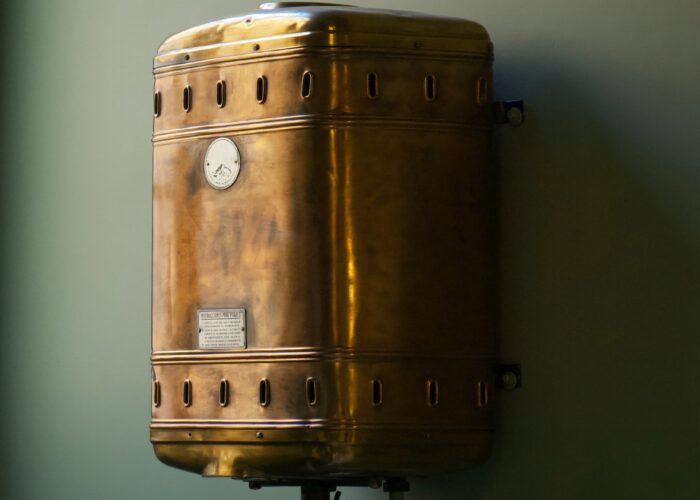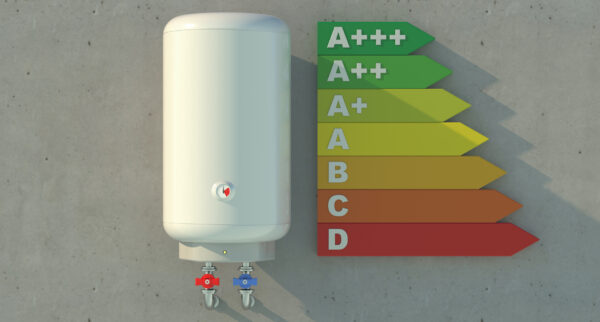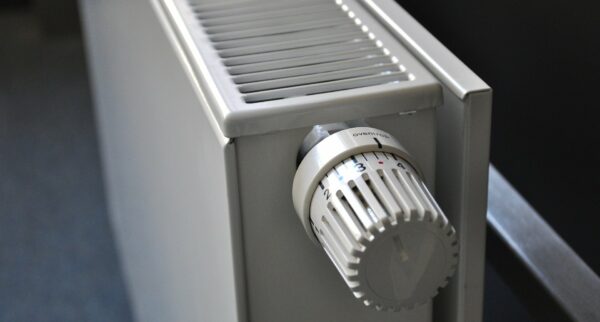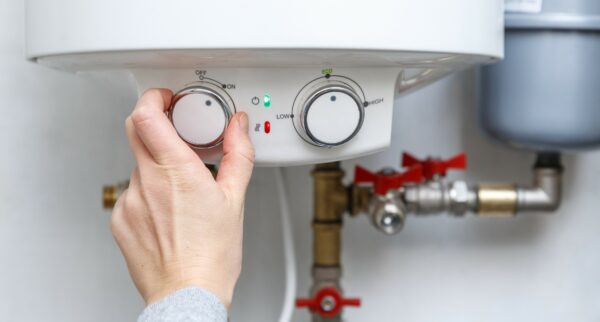Call us today 0207 32 32 999
Written By: JustBoilers Experts | Last Updated: November 2021
Are you replacing an old boiler? Or getting ready to choose a boiler for a newly-built home? In this article, we’ll explain how big a boiler should be – and why bigger isn’t always better.
Of course, it might seem that getting a bigger boiler would produce more heat, more hot water, and more pressure more quickly. But that’s not always the case; sometimes, all it does is drive your utility bills up. So let’s start by determining when a boiler is too big or too small for the job. (And when we say too small or too big, we’re referring to boiler output, not physical size; it’s fairly obvious when a boiler is physically too large for an area. And few people will complain about a boiler taking up too little space.)
How Do I Know If My Boiler’s Too Small?
The signs of an undersized boiler are easy to spot: the bath’s never warm enough and the house is always a little cold. Part of the problem might be heat distribution (e.g. one room is always cold because it’s a long way from the boiler), radiator issues (too few in the room, or the radiators are too small), or even your house insulation. But if everything looks good and you’re still having heating issues, your boiler might not be sufficient for your needs.
A subtle sign that your boiler isn’t up to the job: Only one person can use the hot water at a time. If your boiler can’t simultaneously supply water for washing up the dishes and a shower, that’s a clue.
Small Boiler Problems
An ineffective boiler is exactly that: it can’t effectively heat your home. It may run a lot trying to meet demand, but the result will always be disappointing.
How Do I Know If My Boiler’s Too Large?
A large boiler produces more hot water than your house needs – and, in extreme cases, more hot water than its system can really handle. If your boiler is too large, you’ll probably notice that it turns on and off a lot. This doesn’t sound like a big problem, but it is.
Oversized Boiler Problems
Because the boiler’s always starting and stopping, it uses a lot of fuel. It’s not unlike driving in city traffic compared to driving on a clear motorway. This doesn’t just result in higher gas usage (and bills), it actually can cause the parts inside the boiler to wear out faster. In some cases, it can also lead to buildup in the pipes and leakages. For more about boiler efficiency, read this post.
Determining the Right Boiler for Your Needs
Choosing the right boiler results in reliable, even heating and properly-functioning equipment. It’s more environmentally friendly and economical; you won’t be throwing money away. So how can you choose the right boiler for your needs?
The answer is actually rather complicated. In an earlier post, we explained a general guide to sizing a boiler for your household needs. But the actual capacity and power of a boiler – as well as whether it’s a combi, system, or traditional boiler – will depend on the following factors:
- How many radiators you have. Also, consider the size of your radiators; 5 large radiators will require more boiler power than 6 or 7 small radiators.
- How many bathrooms you have.
- Your family’s hot water demands – e.g. if multiple people will be using lots of hot water at the same time, a larger boiler should be considered.
- The size of your pipes – larger pipes can transmit more hot water, which means you can use a more powerful boiler.
- The age of your heating system – older pipes may not be able to handle the higher pressures of a more powerful boiler.
- The size of your home – a larger building will take more hot water to heat. Part of the reason, as mentioned above, is that heat can be lost through the pipework as it travels around the house.
- The climate. Obviously, a colder outdoor temp will mean more heating to keep indoor conditions comfortable.
- The condition of your home’s windows and insulation. Less heat will escape from a well-insulated house with tightly-closing windows; a very poorly insulated house will almost literally be like trying to heat the outdoors on a cold day!
You can get a good idea of how much boiler power you need by figuring out your home’s pipe diameter (which will provide the upper limit of what can be transmitted through the house) and how many radiators you have. As a rule of thumb, small houses have less than ten radiators, larger houses have 15- 20+, and medium-sized houses fall somewhere between the two in radiator count.
If You Need Help Finding the Right Boiler
There are a lot of factors to consider when buying a properly-sized boiler. If you looked at the above list and thought, “That’s more maths than I want to do!” – well, you’re not alone! That’s why we recommend getting a rough idea based on your number of radiators and your home size and then calling in a heating engineer to make the final calculations.
Remember that with boilers, bigger isn’t always better; sometimes it can be worse. And while you don’t want to max out your boiler, you certainly don’t want to deal with the inefficiencies and extra expense of a boiler that’s too large for your needs.
For expert boiler help, contact JustBoilers or call 0207 32 32 999 and we’ll help you find answers straight away!





